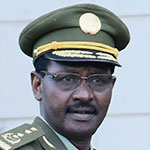
Verbatim | Oct 10,2020
May 8 , 2021
By Christian Tesfaye
I registered to vote to see what it is like. It is a rather drab process. Some two youth employees of the National Electoral Board of Ethiopia took my background information, asked where I intended to vote and wrote my name and details on a large ledger. In return, I was given a card that I am required to bring to the polling station. The whole affair may have taken five minutes.
I do also intend to go and vote on polling day. If nothing else, I would like to see what it is like, how the people feel, and how election officials treat voters. It will be my first time doing as such, although I had been eligible for one previous election, a time when nothing seemed to be at stake.
I also have no idea whom I will be voting for. There are not that many exciting options, nor am I under the illusion that my voice in such a country matters anywhere near as much as I would like it to. This is Africa. Worse still, this is the Horn. People do not matter, the political elite does, and they are not about to relinquish their power and influence for something as alien to the region as representative democracy.
Then, why vote?
Some people are genuinely excited about the possibility of putting in place leaders of their choice in parliament. For me, and I would assume many people, it is a bit of desperation.
What is left if people feel so disillusioned with their elites' handling of politics so as to reject the whole electoral process?
Voting allows many to feel they have the power to choose their representatives in power. It gives them hope, which is a rare currency these days. More importantly, though this election may not be considered fair, the jury is still out on how free it could be. The Electoral Board, under Birtukan Mideksa, despite the myriad of crises this country is going through, has maintained a semblance of independence. The courts also remain untested on how fairly they arbiter election-related disputes. Many may not feel like it, but the possibility of a more diverse set of MPs could still not be discarded.
I am also voting because of the possibility that the central government may continue to be weak in the absence of a strong voter turnout. It is unfortunate that a political transformation that started with much promise deteriorated to such depths of insanity. Even the most cynical amongst us could barely fathom what would eventually occur when most of the country was drunk with elation just three years back.
But the rapid deterioration of our circumstances should not obscure the fact that a government that lacks electoral legitimacy is the answer to the problem. However much we detest our current political conditions, the fact that it could get worse should not be forgotten. If we are to claw our way out of this darkness, it would be with the support of a central government able to ensure the safety and wellbeing of citizens through a monopoly of violence.
A low voter turnout would mean yet another constitutional crisis. In many a developed country, this is a significant hiccup but not one that threatens to drag the entire country into chaos. Ethiopia does not have the institutions. Neither does it have a political elite able to craft a course out of ideological and political challenges and confusions.
The lowest starting point is the avoidance of violence, and this could only happen through a central government with an electoral mandate. Voting, although many seem to believe that their political future is written for them, is the first step out of Ethiopia’s winter of despair.
PUBLISHED ON
May 08,2021 [ VOL
22 , NO
1097]


Verbatim | Oct 10,2020
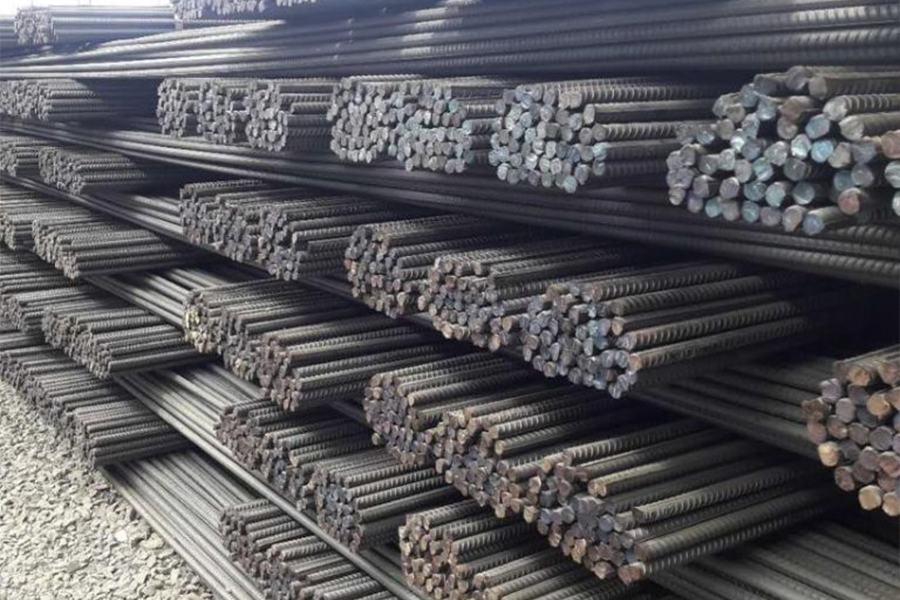
Fortune News | Nov 11,2023
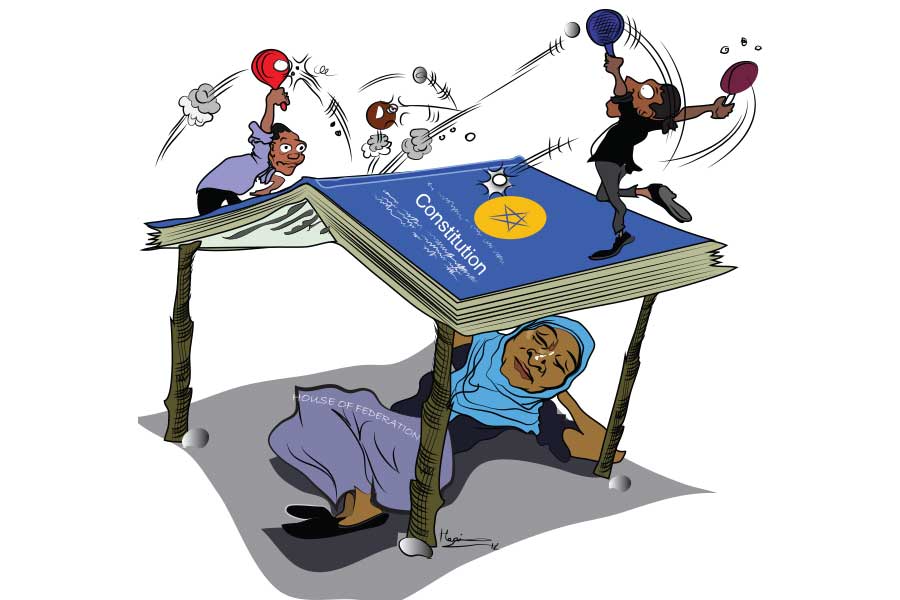
Editorial | May 08,2020

Covid-19 | Jul 06,2021

Editorial | Dec 04,2021

Sunday with Eden | Nov 29,2020
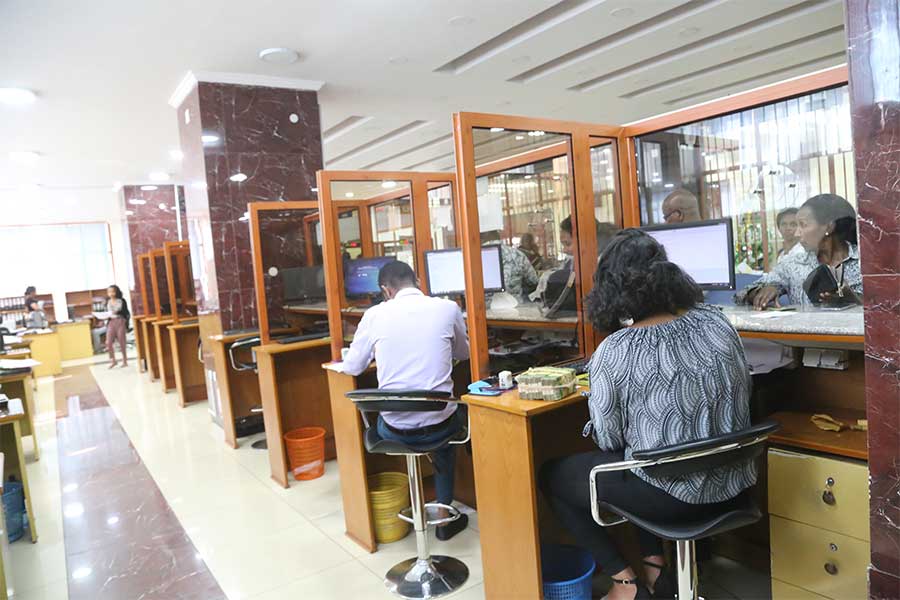
Agenda | Jan 25,2020

Viewpoints | Jul 18,2021

Fineline | May 02,2020
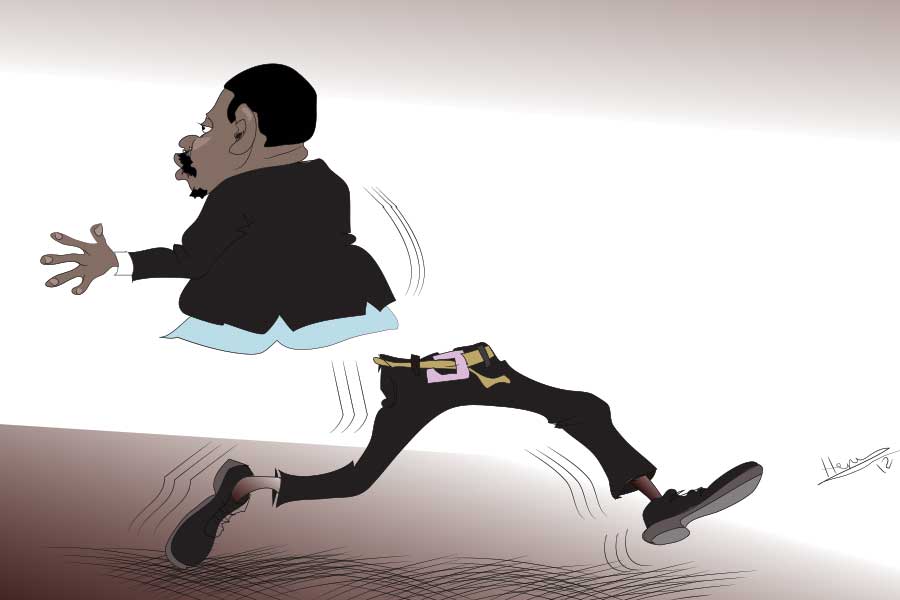
Editorial | Oct 19,2019

My Opinion | 131983 Views | Aug 14,2021

My Opinion | 128372 Views | Aug 21,2021

My Opinion | 126309 Views | Sep 10,2021

My Opinion | 123927 Views | Aug 07,2021

Dec 22 , 2024 . By TIZITA SHEWAFERAW
Charged with transforming colossal state-owned enterprises into modern and competitiv...

Aug 18 , 2024 . By AKSAH ITALO
Although predictable Yonas Zerihun's job in the ride-hailing service is not immune to...

Jul 28 , 2024 . By TIZITA SHEWAFERAW
Unhabitual, perhaps too many, Samuel Gebreyohannes, 38, used to occasionally enjoy a couple of beers at breakfast. However, he recently swit...

Jul 13 , 2024 . By AKSAH ITALO
Investors who rely on tractors, trucks, and field vehicles for commuting, transporting commodities, and f...

Jul 5 , 2025
Six years ago, Ethiopia was the darling of international liberal commentators. A year...

Jun 28 , 2025
Meseret Damtie, the assertive auditor general, has never been shy about naming names...

Jun 21 , 2025
A well-worn adage says, “Budget is not destiny, but it is direction.” Examining t...

Jun 14 , 2025
Yet again, the Horn of Africa is bracing for trouble. A region already frayed by wars...

Jul 6 , 2025 . By BEZAWIT HULUAGER
The federal legislature gave Prime Minister Abiy Ahmed (PhD) what he wanted: a 1.9 tr...

Jul 6 , 2025 . By YITBAREK GETACHEW
In a city rising skyward at breakneck speed, a reckoning has arrived. Authorities in...

Jul 6 , 2025 . By NAHOM AYELE
A landmark directive from the Ministry of Finance signals a paradigm shift in the cou...

Jul 6 , 2025 . By NAHOM AYELE
Awash Bank has announced plans to establish a dedicated investment banking subsidiary...